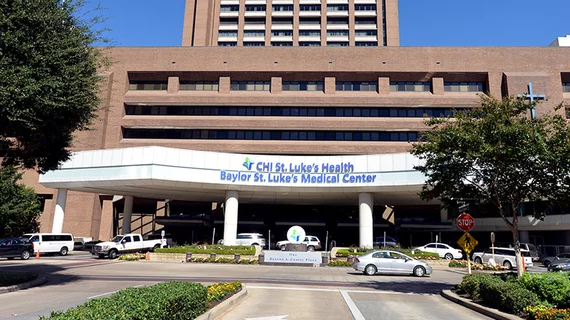Heart transplant surgery ‘legend’ implicated in poor outcomes at Baylor St. Luke’s
A cardiologist at Baylor St. Luke’s Medical Center reportedly told CMS inspectors that O.H. “Bud” Frazier, MD, who started the Houston hospital’s once-renowned heart transplant program in 1982, was partially to blame for the rash of patient deaths that contributed to the transplant center losing Medicare funding last month.
The revelations were detailed in typed notes prepared for CMS which the Houston Chronicle and ProPublica obtained via the Freedom of Information Act. The notes from regulators’ interview with a transplant cardiologist—which ProPublica and the Chroncle said could only be Andrew Civitello, MD—referred to an unnamed “legend” of retirement age “who wouldn’t stop performing transplants.”
Again, the journalists put the pieces together and reported the “legend” could only be Frazier.
“A replacement surgeon, ‘very good’, was hired to replace (Frazier) but eventually left in frustration,” the interview notes read. “That left the program with an old surgeon and an inexperienced surgeon. Had many deaths in a short period of time.”
According to the Chronicle and ProPublica, Civitello acknowledged through a hospital spokeswoman that he spoke with CMS about changes in staffing, but said the notes don’t accurately reflect his comments. A CMS spokesman defended the accuracy of the notes.
Frazier didn’t respond to messages for comment, according to the report. He is reportedly suing the news organizations for another article they published about him in May.
Read the full story below:

